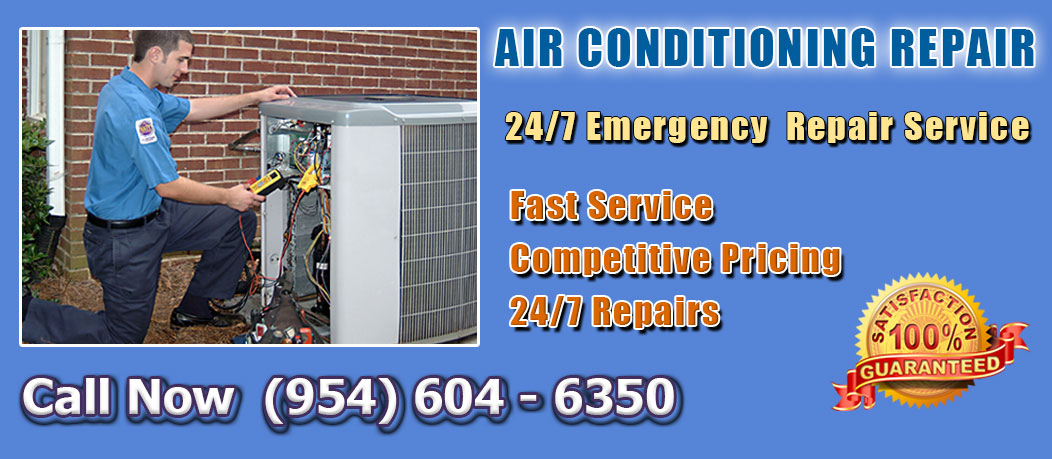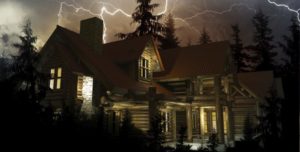The period starting from June 1 to November 30 is one which is characterized by Atlantic hurricanes. Summer storms can be destructive to your home especially on your HVAC unit. It is therefore logical that you do all it takes to protect your system from weather blows throughout this season.
Storms are not just carriers of wind and rain, but can also cause massive power outages that leave you without the much-needed comfort of your AC appliances.
Protecting Your Air Conditioner
There are several steps you can take before, during, and even after the storm to minimize potential damages to your AC. When power comes back on, AC units well-protected get up and run faster.
Pre-cool Your Home
If you have the slightest hint on the possibility of power going out during a stormy day, be sure to cool your home in advance. This may seem simple, but it is one of the best ways to stay comfortable until power is restored back on.
Ensure your thermostat is set at a much cooler level than usual and close your curtains to keep the cold air inside.
Turn Off the Power Supply to Your AC
Electrical surges caused by lightning strikes during stormy weather can easily damage your AC unit. Chances are also high that debris could get stuck in the outdoor unit and cause a burnout of your motor. The best way to play it safe is by shutting off the power.
Experts recommend that your power shut off should be from both your thermostat and circuit breaker.
Cover the Outdoor AC Unit
If you are expecting a hurricane together with strong winds, this is a necessary step to take. After turning off your AC, cover it with plywood or tarp. This will protect your AC from flying debris. High winds have been known to cause damage including knocking down branches and trees which can destroy your unit if they land on it.
As soon as it is safe to do so, uncover your unit. Keeping your unit covered for a long time can cause moisture to be trapped leading to mildew and mold.
Secure the Unit
If your AC is elevated on a second story, ensure you keep it secure with hurricane straps. When strong wind gusts come your way, the straps will hold your unit in place. If the area you live in is prone to flooding, get an HVAC professional to elevate the unit so as to protect it.
Inspect the Unit for Damage before Turning it On
Before you switch on the AC power, it is important you inspect it for any instances of storm damage. Flying debris or flooding can damage your unit and this makes turning it on dangerous as it could worsen the problem.
Storm winds can cause disconnections within the AC unit which may occasion toxic refrigerant leaks. If you have any problems or need repairs, get in touch with your local HVAC professional.


